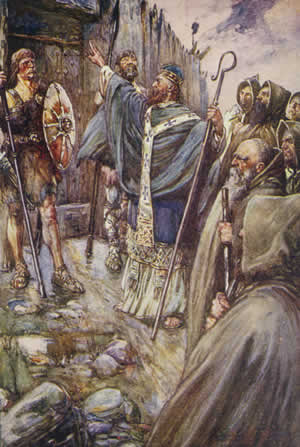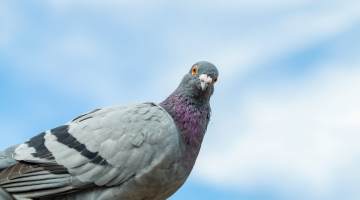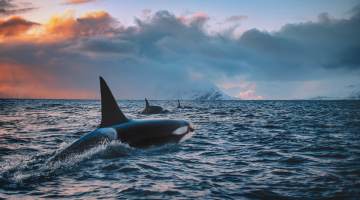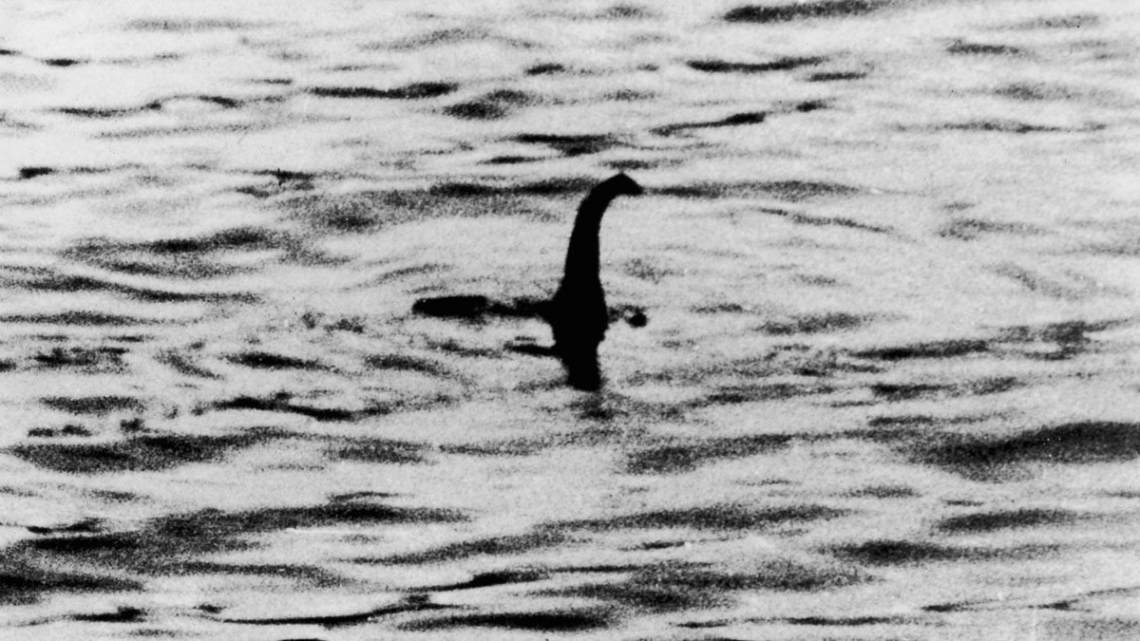A large gathering of monster hunters congregated in Scotland on August 26th and 27th in an attempt to find the elusive Loch Ness monster. The event, dubbed “The Loch Ness Quest,” organized by the Loch Ness Centre and a volunteer research team called Loch Ness Exploration, was “the biggest search of the Loch for more than 50 years.” An estimated 200 people participated in the two-day hunt, which included surveying equipment such as thermal drones, which had not previously been used while searching for Nessie in the past.
Searching the Loch Ness
The drones incorporated infrared cameras to produce thermal images of the water based on heat signatures. The goal was to identify any “mysterious anomalies” in the loch. The team also used a hydrophone to detect acoustic signals in an effort to hear Nessie-like noises in the water.
Volunteers spaced themselves out around the 23-mile-long lake. Volunteers stood on the shore and others in boats to observe the lake’s surface and look for mysterious movements.
“We did hear something… four distinctive ‘gloops’,” search leader Alan McKenna told Reuters. “We all got a bit excited, ran to go make sure the recorder was on and it wasn’t plugged in.”
The Mystical Monster
The folklore surrounding Nessie dates to the sixth century when Irish monk St. Columba allegedly sent a “water beast” into the River Ness. The famous, grainy black and white photo showing Nessie’s head and long neck protruding from the loch was taken in 1934, but six decades later the image was deemed a hoax involving a toy submarine. Still, many people believe Nessie was (and is) real. Over the years, numerous individuals and groups have tried to find evidence of its existence.

Irish monk St. Columba. Credit: Wikimedia Commons.
Volunteer Caroline McNamara has been intrigued by the Loch Ness monster since she was a child. She noted, “I chose the Loch Ness monster as my essay assignment, and I thought, ‘Oh 20 years later it comes full circle, so I might as well come and join the hunt’ since I heard it was happening.”
Unfortunately, the weather was not the most conducive for spotting movement on the water. It rained, and the waves were choppy. “The weather in Scotland was horrific over the weekend, so much so that the Scottish Highland Games were canceled for the first time in 75 years, but that didn’t stop us – and that didn’t stop our volunteers,” McKenna told Fox News.
People traveled from a variety of countries to participate in the hunt. Including Finland, France, Germany, Spain, and the United States.
Looking for More?
Cryptozoology involves the study of cryptids—legendary, unknown, or extinct creatures such as Nessie as well as creatures including vampires, werewolves, and sea monsters and, of course, Bigfoot.
Earlier this month, a woman named Tina Kahlig from Texas observed a mysterious creature in her backyard. She posted a photo online, and people speculated that the animal could be the mystical Chupacabra.
If you would like to learn more about cryptids, check out this Ripley’s podcast, which includes an interview with a Skunk Ape expert. Find out whether there are laws protecting the captures of animals such as Nessie or Bigfoot.
By Noelle Talmon, contributor for Ripleys.com









